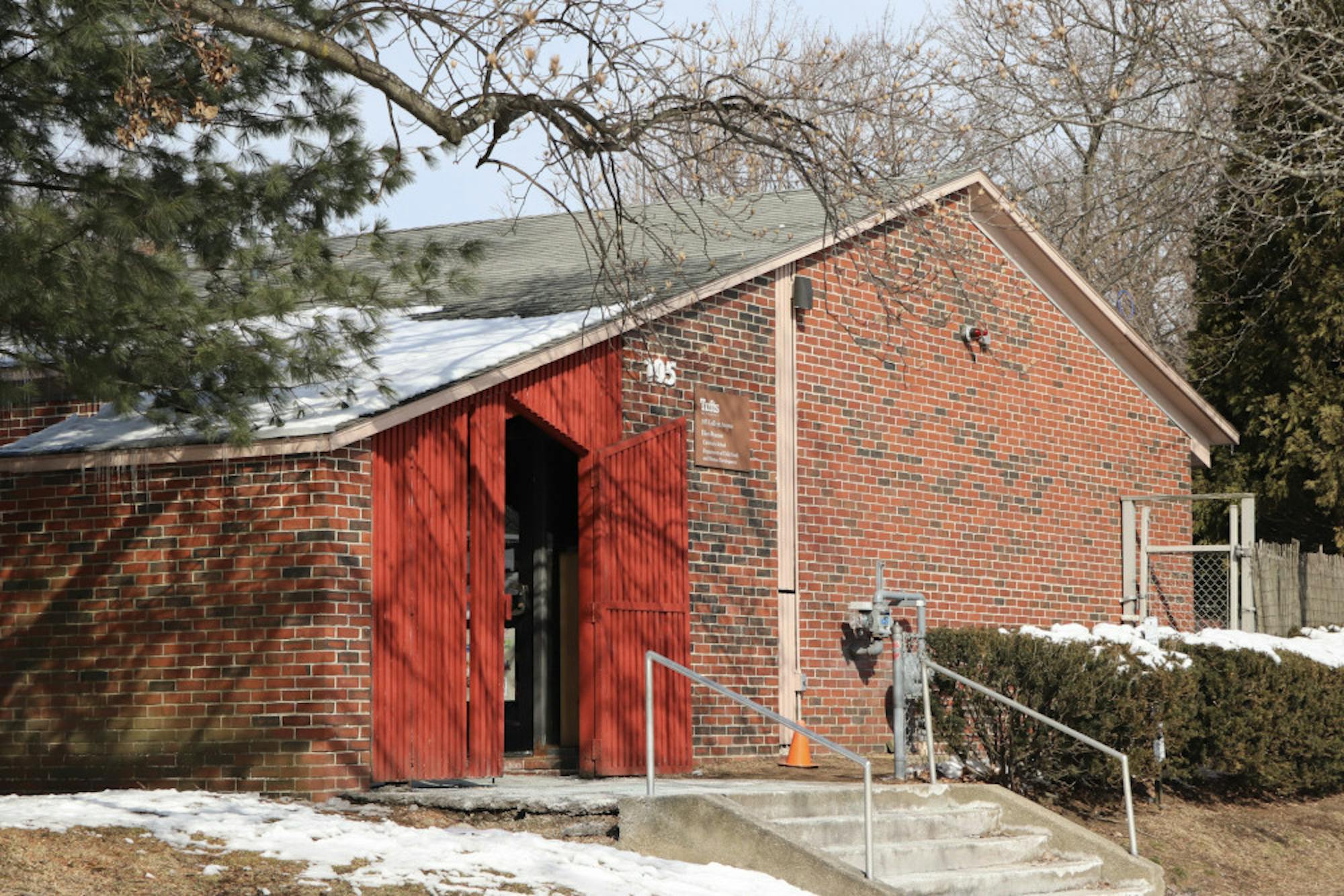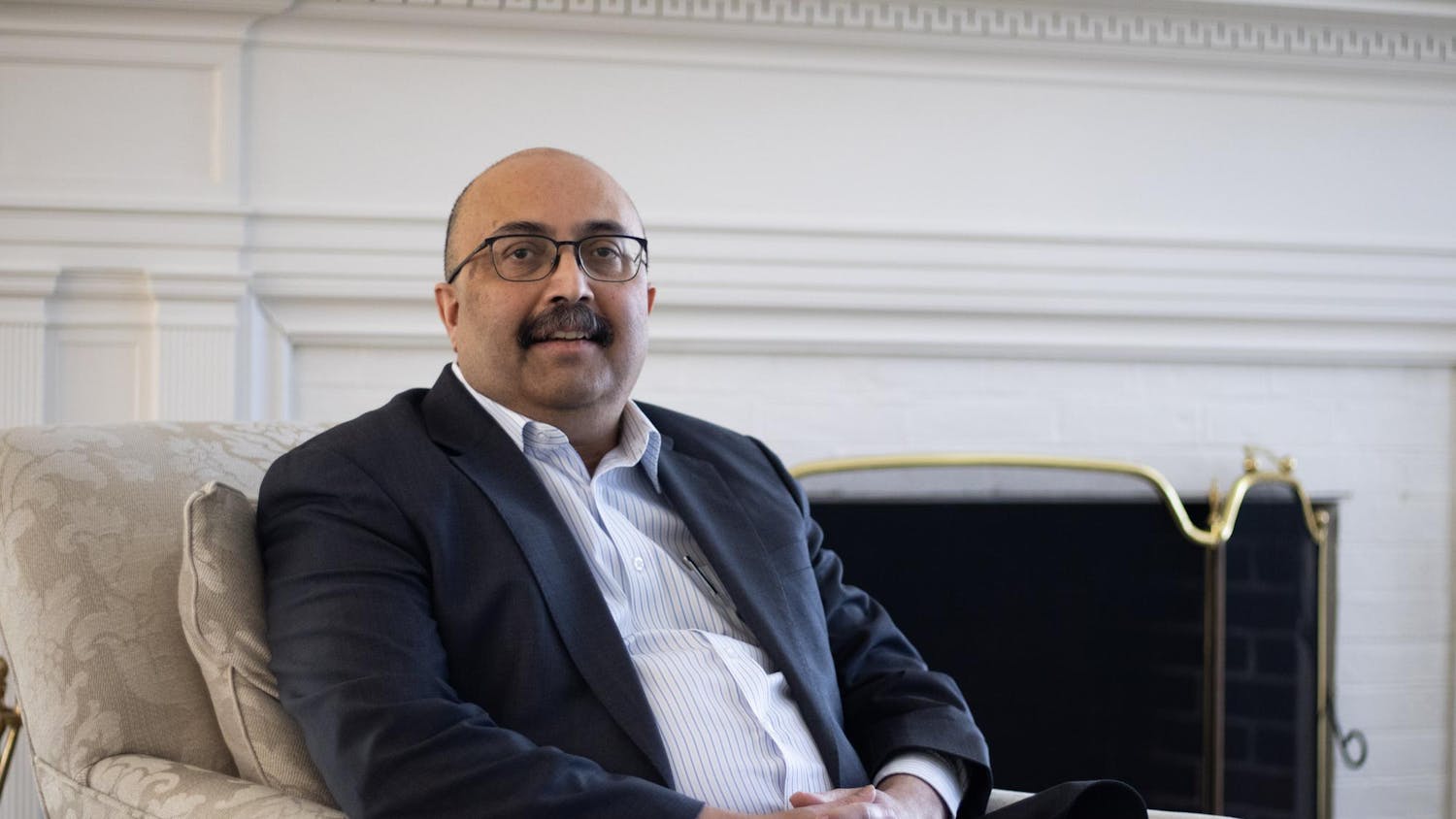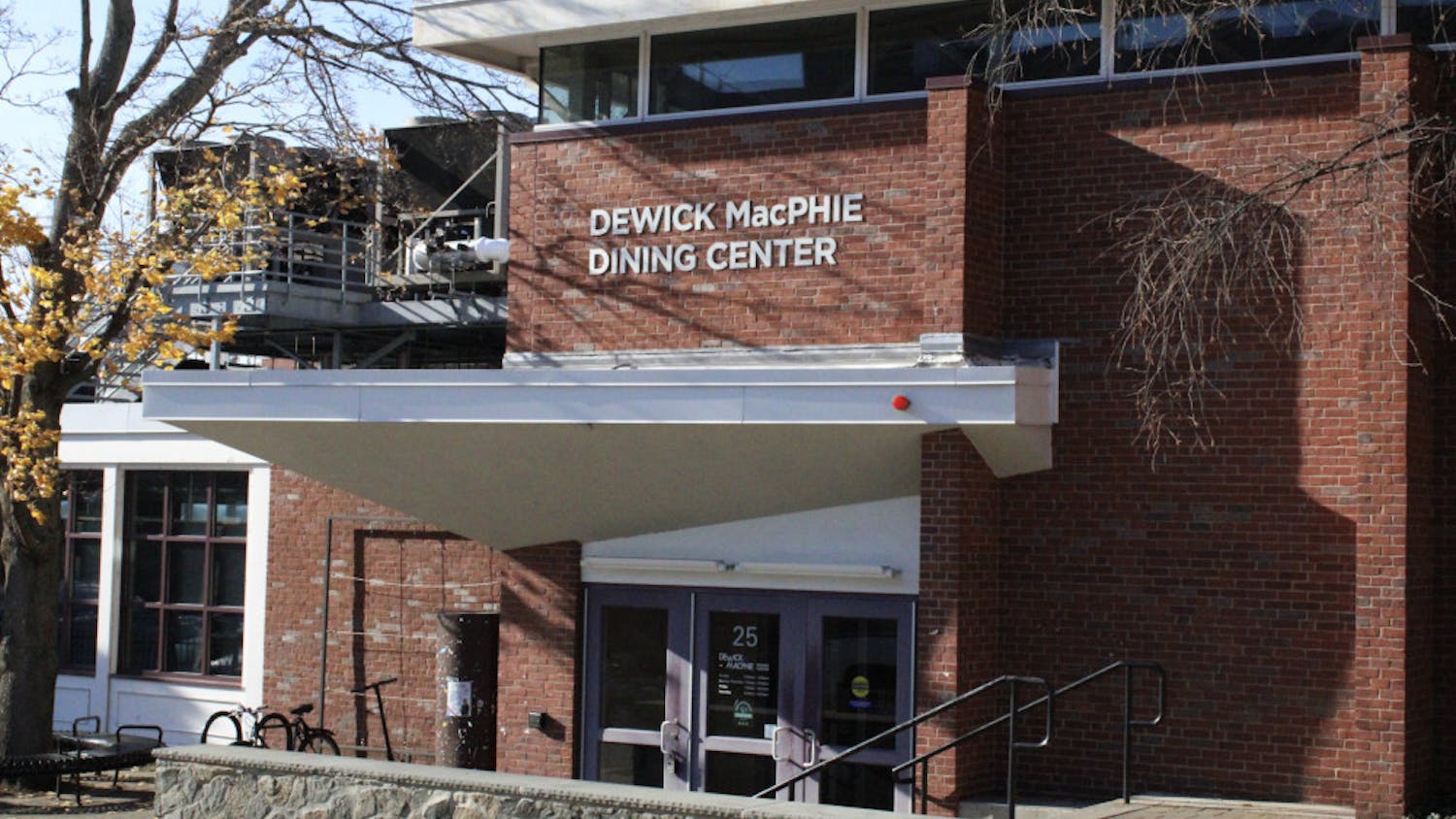Somerville introduced its new Child Care Access and Affordability Program on Feb. 3. The program will provide families with financial assistance to send their children to daycare and preschool.
To qualify for the program, children must be between 15 months and four years old by Aug. 31, and families must meet income eligibility requirements, which vary by household size. Applications for the next school year will be accepted until March 11.
CCAAP is funded through theAmerican Rescue Plan Act of 2021, which provided municipalities with federal aid to respond to the economic and public health impacts of the COVID-19 pandemic. Somerville is investing $7 million of its $78 million in ARPA funds into child care.
Somerville City Councilor-at-Large Jake Wilson told the Daily that CCAAP is an appropriate use of the federal pandemic assistance money since the pandemic emphasized working parents' reliance on access to child care.
“What the pandemic has really laid bare is the degree to which [members of] the workforce who are parents require child care in order to go into an office or be present at work, and the extreme challenges that these parents then face when daycares and preschools are closed,” Wilson said.
CCAAP is a partnership between the Somerville Promise Alliance, Somerville Public Schools and local child care centers. SomerPromise isan initiative of the City of Somerville that aims to bridge both the opportunity and achievement gaps for supporting school-age children using research and programming.
Christopher Hosman, director of SomerPromise, said that all parties were aligned in their purpose and intended impact for the program from the beginning.
“I can't say enough how important it is that it's cross-sector,” Hosman said. “It's such a complicated issue in such a huge need that it can't be approached from a singular [perspective] … It really needs to be a group effort to ensure that the program is holistic.”
The program is based on the results of the NEXUS Affordability Study conducted by the city's SomerStat Department. According to Hosman, the study examined the factors that influence families' decisions about whether to remain in the city and concluded that the cost of child care was a very important factor.
Kathleen Bailer, director of early childhood education and care for Somerville Public Schools, said that CCAAP was inspired by a tuition assistance program her department launched called the Somerville Partnership for Young Children, which seeks to improve access to quality early education for children ages five and younger.
“We decided that it would be important to really systemize the Child Care Access and Affordability Program and to make it a part of the city … because we believe child care is a public good,” she said.
Bailer added that SPS's partnership with SomerPromise aligns with its commitment to providing families with several child care options to choose from, including private, public or federally funded Head Start programs.
The program was designed to be multilingual and multicultural, which means applications are available in multiple languages and SomerPromise is conducting outreach to diverse local communities and assisting families with completing the application.
Bailer and Hosman see the program as supporting the entire Somerville community, not just children.
“We believe that … as a community, we want to support our youngest residents from birth, from cradle to career … And we believe [that] in doing so, we're also able to support families so that they can move forward successfully in the city and thrive,” Hosman said.
CCAAP will initially cover only toddler and preschool child care but will eventually extend to infant and out-of-school care as well.
Thirty-five children will enroll in the program this year, according to the City of Somerville'swebsite. In the next three years, the program will grow to around 100 children. Hosman expects demand for the program to exceed supply and sees staffing shortages in child care centers as the biggest obstacles to wider implementation.
The child care industry is among many affected by staffing shortages during the pandemic. City Councilor-at-Large Kristen Strezo expressed her disappointment in the lack of federal effort to make child care affordable and accessible on all levels.
“We need to build up our child care workforce and create bridges and escalators to … [ensure] that we are creating living wages … for our child care service industry [so that childcare service providers] … can have opportunities to advance their careers because it's a necessity,” Strezo said.
Strezo describes the cost of childcare in Massachusetts as “obscene.” She believes the state can improve the situation by funding the industry.
Hosman has a similar view. He — along with Bailer, Strezo and Wilson — hopes that CCAAP can help the city of Somerville figure out what works and what needs to be improved.
“We want it to be something replicable, that we can share this with other communities,” Hosman said.
Claire Ferris contributed reporting to this article.






